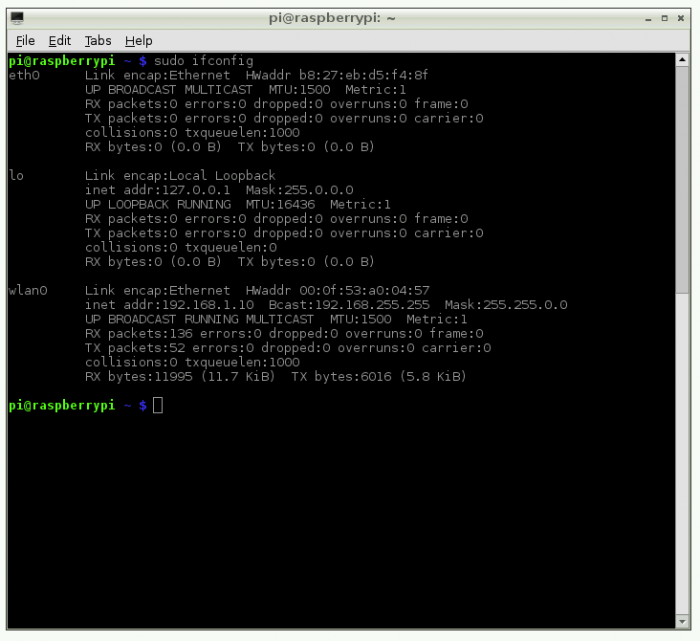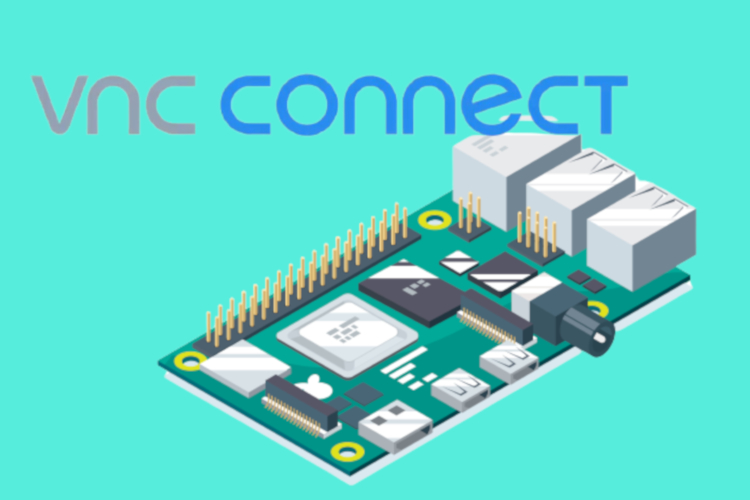Accessing your Raspberry Pi remotely is a game-changer for hobbyists, developers, and tech enthusiasts alike. Whether you're setting up a home automation system or managing IoT devices, understanding how to remotely access Raspberry Pi can significantly enhance productivity. With the growing demand for remote management tools, the ability to securely connect to your Raspberry Pi from anywhere in the world is more important than ever.
In this digital age, where IoT (Internet of Things) applications are becoming increasingly popular, Raspberry Pi has emerged as a powerful platform for innovation. RemoteIoT, a cutting-edge software solution, allows users to harness the full potential of their Raspberry Pi projects without being physically present. This article will guide you through the process of remotely accessing your Raspberry Pi and downloading RemoteIoT software for free.
Whether you're a beginner or an experienced developer, this comprehensive guide will provide you with all the necessary tools and knowledge to set up remote access on your Raspberry Pi. From step-by-step instructions to troubleshooting tips, we've got you covered.
Read also:Sophia Ali A Rising Star In The Entertainment Industry
Table of Contents
- Introduction to Remotely Accessing Raspberry Pi
- Why Remotely Access Raspberry Pi?
- Overview of RemoteIoT
- Setting Up Remote Access on Raspberry Pi
- Security Considerations for Remote Access
- Downloading RemoteIoT for Free
- Troubleshooting Common Issues
- Benefits of Remote Access and RemoteIoT
- Alternative Solutions for Remote Access
- Conclusion and Next Steps
Introduction to Remotely Accessing Raspberry Pi
Remotely accessing Raspberry Pi has become essential for modern tech enthusiasts and professionals. By enabling remote access, you can manage your Raspberry Pi projects from anywhere in the world, streamlining workflow and increasing efficiency.
What is Raspberry Pi?
Raspberry Pi is a small, affordable computer designed to promote learning about programming and electronics. It is widely used in educational settings and for DIY projects. Its versatility makes it ideal for remote IoT applications.
Why is Remote Access Important?
Remote access allows users to control and monitor their Raspberry Pi devices without physical presence. This is particularly useful for IoT projects, server management, and automation systems.
Why Remotely Access Raspberry Pi?
There are several compelling reasons to remotely access Raspberry Pi. Firstly, it eliminates the need for physical access, saving time and resources. Secondly, it enhances flexibility, allowing users to manage multiple devices simultaneously. Lastly, it provides a secure and reliable way to interact with IoT devices.
Key Benefits
- Increased productivity
- Cost savings
- Improved security
- Convenience
Overview of RemoteIoT
RemoteIoT is a software solution designed specifically for managing IoT devices through Raspberry Pi. It offers a user-friendly interface and robust features that make remote management seamless and efficient.
Features of RemoteIoT
- Real-time monitoring
- Secure data transmission
- Customizable dashboards
- Integration with third-party applications
Setting Up Remote Access on Raspberry Pi
Setting up remote access on Raspberry Pi involves several steps. From configuring SSH to using VNC or other remote desktop solutions, the process is straightforward but requires attention to detail.
Read also:Rodney Ramone Hill Iii The Rising Star In The Entertainment World
Step 1: Enable SSH
SSH (Secure Shell) is a protocol that allows secure communication between devices. To enable SSH on Raspberry Pi, follow these steps:
- Open the Raspberry Pi configuration tool.
- Navigate to the interfaces tab.
- Select SSH and enable it.
Step 2: Install VNC
VNC (Virtual Network Computing) provides a graphical interface for remote access. Installing VNC on Raspberry Pi is simple:
- Open the terminal.
- Run the command:
sudo apt-get install realvnc-vnc-server realvnc-vnc-viewer. - Follow the on-screen instructions to complete the installation.
Security Considerations for Remote Access
When remotely accessing Raspberry Pi, security should be a top priority. Implementing strong passwords, using encryption, and regularly updating software are essential practices.
Best Practices
- Use strong, unique passwords.
- Enable two-factor authentication (2FA).
- Regularly update Raspberry Pi firmware and software.
- Limit access to trusted networks.
Downloading RemoteIoT for Free
RemoteIoT offers a free download option for users interested in exploring its features. To download RemoteIoT, follow these steps:
- Visit the official RemoteIoT website.
- Navigate to the download section.
- Select the appropriate version for your Raspberry Pi model.
- Follow the installation instructions provided.
System Requirements
Before downloading RemoteIoT, ensure your Raspberry Pi meets the following requirements:
- Raspberry Pi 3 or newer.
- Minimum 2GB RAM.
- Stable internet connection.
Troubleshooting Common Issues
Despite careful setup, issues may arise when remotely accessing Raspberry Pi. Here are some common problems and their solutions:
Problem 1: Unable to Connect via SSH
Solution: Ensure SSH is enabled and verify the IP address of your Raspberry Pi.
Problem 2: Slow Remote Desktop Performance
Solution: Optimize VNC settings and check network speed.
Benefits of Remote Access and RemoteIoT
Remote access and RemoteIoT offer numerous advantages, including enhanced flexibility, improved security, and cost savings. By leveraging these tools, users can manage their IoT projects more effectively and efficiently.
Additional Benefits
- Real-time data monitoring.
- Scalability for large-scale projects.
- Reduced downtime and maintenance costs.
Alternative Solutions for Remote Access
While RemoteIoT is a popular choice, there are other solutions available for remotely accessing Raspberry Pi. Some alternatives include:
- TeamViewer
- NoMachine
- AnyDesk
Each solution has its own strengths and weaknesses, so it's important to evaluate your specific needs before choosing one.
Conclusion and Next Steps
Remotely accessing Raspberry Pi for RemoteIoT download free is a valuable skill for anyone involved in IoT projects. By following the steps outlined in this article, you can set up secure and reliable remote access, enhancing your ability to manage and monitor your devices.
Take the next step by downloading RemoteIoT and experimenting with its features. Share your experience in the comments section and explore other articles on our site for more tips and tricks.
Remember, staying informed and continuously improving your skills is key to success in the ever-evolving world of technology. Happy tinkering!
Data sources: Raspberry Pi Foundation, RealVNC, RemoteIoT.

